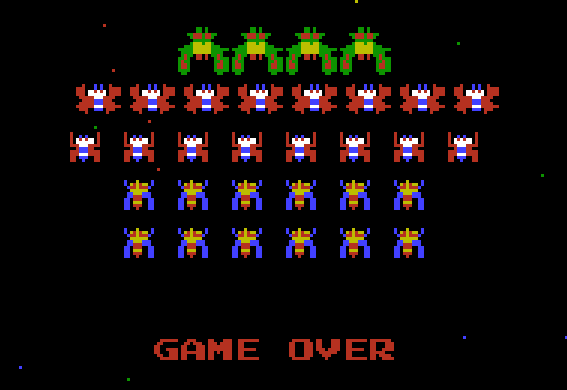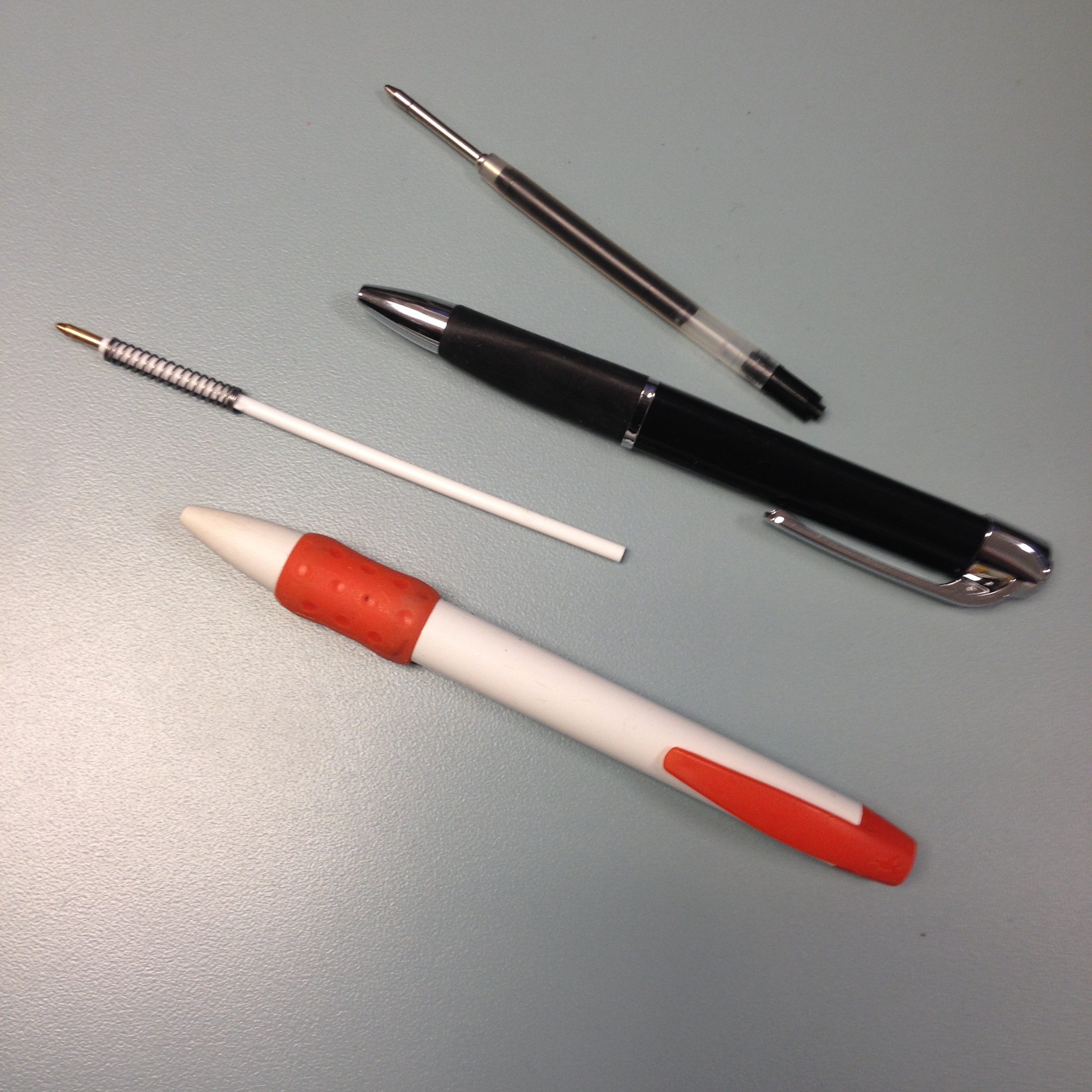Job Titles of the Future #13 - Video Game Coach
Last September I posted 'Job Titles of the Future #11 - Minecraft Coach', essentially referencing some speculative pieces on whether or not parents would one day, (and soon), look to hire professional Minecraft and other popular video game coaches for their kids, much like parents hire tutors or sports coaches today. The conclusion of the piece I cited, as well as my own take was that yes, Professional Minecraft Coach would probably become a real job, and fairly soon.
Fast forward just a few months, and I present for your consideration this recent piece from Fortune, 'You can make $50,000 a year as a video game coach', where we see that in this short time, video game coaches are becoming true, real gig.
From the Fortune piece:
As the world of e-sports heats up, and players battle for prize money that can reach into the millions, the activity has given rise to a field of coaches who want to cash in on training these keyboard-using champions.
An e-sport coach can make anywhere from $30,000 to $50,000 a year, which is pretty much in line with a minor league baseball coach, according to The Wall Street Journal.
One assistant coach of a group called Team Liquid, which competes in the “League of Legends” tournaments, told the paper he makes in the mid-$30,000s annually plus a performance bonus and health insurance. That’s not too shabby when you consider that the annual income for all coaches and scouts in 2012 was $28,360, according to data from the U.S. Bureau of Labor Statistics.
E-sports are a growing industry that is showing no signs of slowing down - in fact with millions of fans, higher and higher amounts of prize money and player salaries, and even PED testing for the top E-sports competitors, it is getting harder and harder to make a logical argument that E-sports really aren't just 'sports.'
And we know how sports has always had coaches and consultants and gurus - an entire set of professions around trying to help athletes to perform their best and to guide teams to championships. And E-sports seem to be evolving in a similar manner - celebrity gamers, high-profile and lucrative competitions, drug testing scandals, and yes, people whose job it is to train, coach, and develop game players.
So considering all of the evidence, and the growth of E-sports, it is probably time to re-classify 'Video Game Coach' as a 'Job Title of the Present, and not something we think will happen in the future.
Man, why didn't we have this for Ms. Pac Man or Galaga back in the day? My whole career could have taken a different path.
Have a great week!

 Steve
Steve


